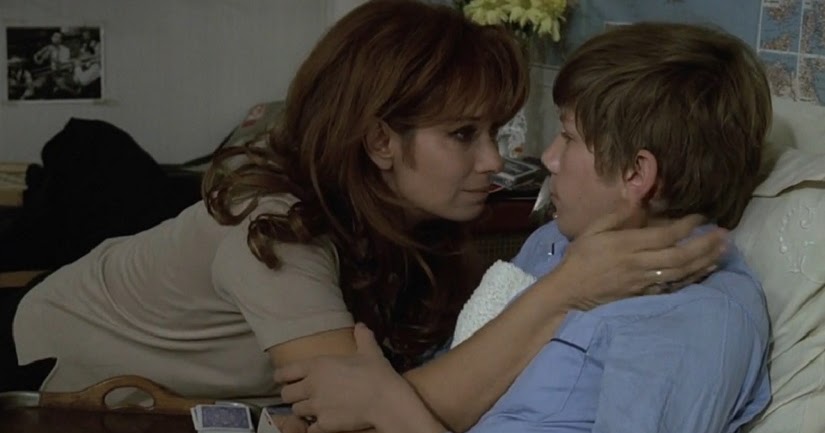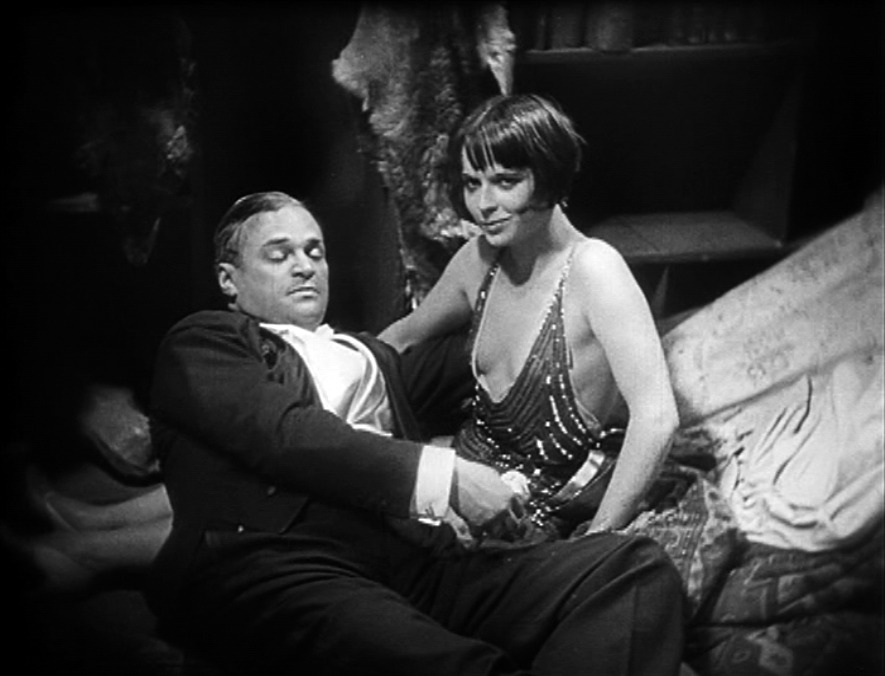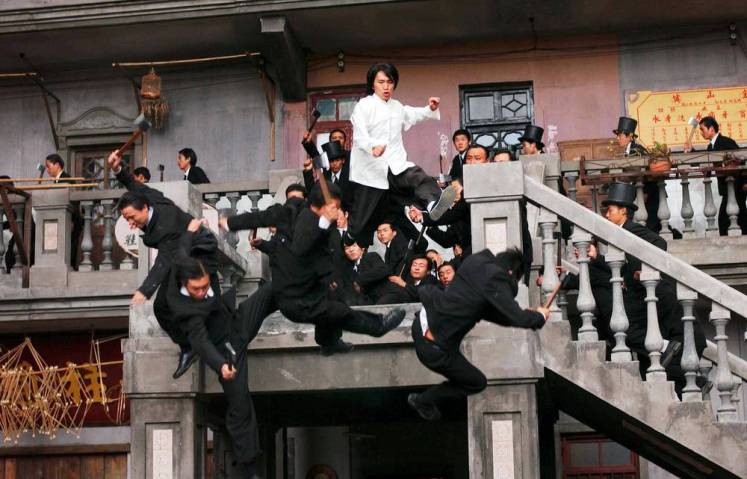
Murmur of the Heart (1971) Directed by Louis Malle
Murmur of the Heart is a sexual coming of age movie about Laurent, the youngest of three bothers in an upperclass family living in Paris, circa 1954. Though 14-years-old, Laurent is already beginning to explore his budding feelings of sexuality, sometimes with the sporadic encouragement of his two slightly older brothers. The three boys are highly privileged but without any sense of self-awareness; for the most part, they are obnoxious and uncontrollable. When his brothers take Laurent to a house of prostitution, they spoil Laurent’s initial introduction into sex by being jerks. But while Laurent takes after his two brothers, too, he is also a reader and a thinker, a fair bit brighter than his thoughtless siblings. That doesn’t mean things go smoothly for him. A priest at the private Catholic school that he attends warns him about the evils of masturbation and the temptations it causes, but spoils the effect by fondling Laurent’s thighs. Eventually Laurent becomes ill with a not too threatening heart murmur, and he and his mother, who is playful with all her boys but dotes especially on her youngest, takes him off to a provincial hotel where he can have a break from the bustle of Paris. After meeting some slightly older girls, Laurent slowly begins to learn the rules of the game. But then something unexpected happens. After his mother spends a drunken night dancing and carousing with hotel guests, Laurent helps her undress as she is in no state to do so herself. What follows is a brief but passionate embrace between the two that leads to sexual intercourse. Laurent not only takes this in stride, he immediately gets hornier and attempts to find some of his young girlfriends to spend the rest of the night with. On his second try, he succeeds. When he goes back to his hotel room for breakfast, his reunited family laugh at his precociousness.
What to make of this rather charming story of mother/son incest? Probably not a whole hell of a lot. As the story may be a semi-autobiographical one, director Louis Malle’s approach is thoroughly non-judgmental about the sexuality—the incest just becomes a brief, ultimately harmless moment and part of Laurent’s growing up process. Sort of, "no harm, no foul." While Malle certainly underscores just how privileged this family is and how its members fail to acknowledge that fact, it isn’t a big point of the movie, just the way things are. That both father and sons pal around with neo-Fascists without a second thought is normalized as par for the course in this milieu. The boys’ mother Clara is younger than her husband, who is a cold fish as both partner and father, and she has seemingly frequent affairs with other men though she takes care to keep the family intact. Laurent is completely on her side on this score, so it’s not as if the complex parental dynamics are a shock to him. All in all, he seems like a kid who might grow out of his obnoxiousness, but there is no absolute guarantee about that. That's just the way things are, too.
Malle could be critiquing a morally bankrupt bourgeoise family here, but I doubt it. The tone of the movie is too light and there are too many moments of genuine humour and affection. Malle seems aware that what it looks like from outside of the cocoon of this privileged family is one thing, but viewed from within the family, he suggests, it is a different story. Given this very specific context, while there may have been potential emotional damage to the people involved, no one, even Laurent, seriously considered allowing that damage to occur. Everybody picks themselves up and moves on. To the extent that there is a message, and I’m not at all sure Malle really intends one, his movie seems to be saying that we can’t always control what happens, but that when something potentially damaging does take place, the end result does not invariably have to be traumatic for all concerned. While one might argue that incest is always well beyond the limits of acceptance, in this particular case Malle begs to differ.
subtitles
Last edited:




